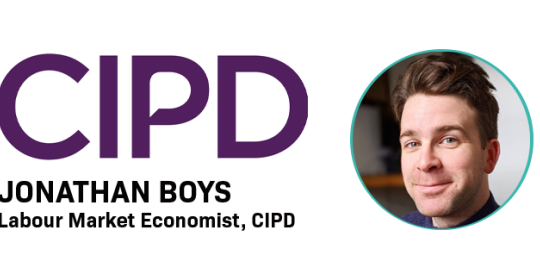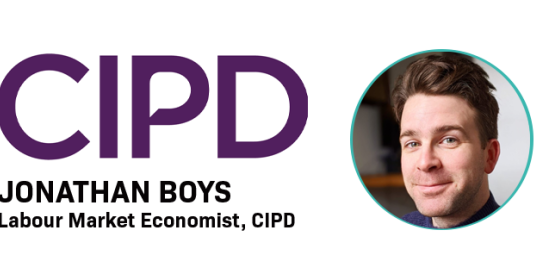Just 1 in 10 organisations say consideration of neurodiversity is included in their people management practices, despite around 10% of the UK population being neurodivergent in some way, according to a poll of HR professionals from the CIPD, the professional body for HR and people development.
Neurodiversity refers to the natural range of differences in human brain function. Amongst employers, it’s used to describe alternative thinking styles including dyslexia, autism, ADHD and dyspraxia as they relate to diversity and inclusion. These can have unique strengths, ranging from data-driven thinking to sustained focus over long periods, an ability to spot patterns and trends, and the capacity to process information at extraordinary speeds. It is estimated that at least 10% of the UK population is neurodivergent.
However, due to a lack of awareness within UK organisations and the way that most organisations are physically and structurally set up for ‘neurotypicals’, many workplaces do not enable neurodiverse individuals to perform to their full potential. Indeed, the poll found that 72% of HR professionals said that consideration of neurodiversity wasn’t included in their people management practices, and 17% said that they didn’t know. Given the high prevalence of neurodivergence, organisations are missing out on the unique strengths of a large talent pool.
As a result, the CIPD, in collaboration with Uptimize, the leading provider of neurodiversity inclusion training, has developed a guide for employers to raise awareness and understanding of neurodiversity at work, and the simple workplace adjustments needed to enable people to perform at their best.
Dr Jill Miller, Diversity and Inclusion Adviser at the CIPD, said: “We’re just scratching the surface of understanding how neurodiversity at work can help organisations be more creative and innovative, but the insights we already do have show the unique value that neurodivergent individuals can bring to the workforce. However, even at a time when employers are under pressure to identify new talent pools to fill skills gaps, recruitment and development practices are screening out such individuals and the unique skills they possess. Rather than measuring potential employees against a long wish list of capabilities, we need to be clear on the key skills each job requires and enable people who possess those to play to their strengths.
“Ultimately, everyone has the right to feel accepted and included at work and organisations have a responsibility to be a place where everyone can reach their potential. While workplace adjustments will be dependent on individual need, they are often small and inexpensive, and many actually benefit everyone. Why wouldn’t you want a more navigable intranet or clearer communications with your manager?”
Ed Thompson, CEO of Uptimize, said: “In the past, attention was solely on the challenges faced by neurodivergent individuals at work, but now leading employers are documenting the huge advantages of employing people who literally think differently. We believe that embracing neurodiversity can be a significant competitive advantage – organisations have the opportunity to leverage the skills of this high potential, available talent pool. Our guide can develop employer awareness and understanding of neurodiversity and provides practical suggestions to make your organisation neurodiversity smart.”
Example recommendations for employers in the guide:
Recruitment:
- Ensure job descriptions are jargon free and clearly signal that your organisation welcomes neurodivergent individuals
- Many recruitment practices often rely on competency frameworks where people are filtered out if they don’t meet minimum standards on a set of wide ranging capabilities – review your recruitment approach to ensure you’re not screening out talented individuals
- Ensure interviewers are informed about neurodiversity so they are fair and empathetic in the interview process (such as by choosing a quiet interview space, avoiding rapid fire questions and understanding why some people might not make direct eye contact)
Workplaces:
- Avoid really bright lights in your office that can be distracting or lead to sensory overload
- Consider how noisy open plan environments can be distracting or lead to individuals feeling overwhelmed
- Complete a desk assessment for any new joiners, helping them make sure their computer screen isn’t too bright and they have everything they need to aid personal organisation (such as trays and filing drawers)
Management:
- Train line managers so that they feel confident and able to assist neurodiverse employees at work and help them make the most of their skills
- Encourage regular one-to-ones and feedback between line managers and their reports to keep communication channels open and help motivate and support all employees
- Make sure neurodiversity is welcomed and championed by senior leaders and that a culture of celebrating difference is encouraged throughout the organisation
HR:
- Highlight employee support networks and similar resources clearly in the on-boarding process and on the company intranet for anyone who needs them
- Ensure individualised support is available to all, from access to mentoring, coaching and counselling – make sure that support is clearly signposted
- Address comfort at work on a regular basis through workspace preference questionnaires and broader employee satisfaction surveys








